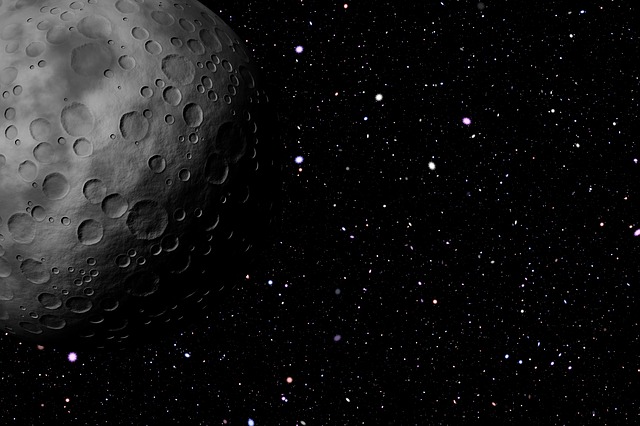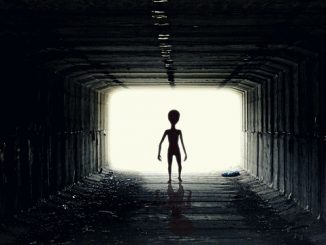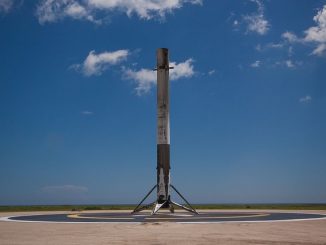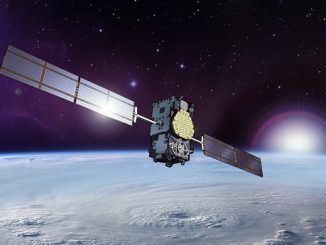
The universe is expanding. There’s no question about it. It’s the universe’s rate of expansion — referred to as the Hubble Constant, named after American astronomer Edwin Hubble who first measured it in 1929 — that’s up for debate. Especially since we now have several different expansion rates from different groups of scientists. And as it’s turning out, the universe seems to be expanding much faster than what has been previously thought.
There are two ways to measure the Hubble Constant. One is by studying nearby cosmic objects. The other is by studying distant background radiation left over from when the universe was created. Ideally, whichever method used should give the same figure. The problem is, different methods result in different figures.
According to H0LiCOW team of astronomers led by Sherry Suyu of the Max Planck Institute for Astrophysics in Germany and Frédéric Courbin of the École Polytechnique Fédérale de Lausanne in Switzerland, the current expansion rate of the universe is around 44.7 miles (71.9 kilometers) per second per megaparsec. One megaparsec is equivalent to about 3.26 million light-years.
Using the Hubble Space Telescope, the H0LiCOW team observed three galaxies which were acting as gravitational lenses, each one bending light from far off quasars (super-bright and luminous galaxy cores). Because each of these galaxies have different masses and uneven mass distributions, some areas bent light faster while other areas bent light slower. This, in turn, caused the quasar’s light to arrive at various times. It is by measuring this variable arrival times that the team was able to come up with their Hubble Constant.
While the number is comparable with the estimation derived last year by a research team led by Nobel laureate Adam Riess, it’s significantly higher than the figure arrived at in 2015 by the European Space Agency’s Planck satellite mission — about 41.6 miles (66.9 km) per second per megaparsec.
In a statement they issued, Suyu was quoted as saying: “The expansion rate of the Universe is now starting to be measured in different ways with such high precision that actual discrepancies may possibly point towards new physics beyond our current knowledge of the Universe.”
Cosmologists believe that several factors may be affecting the difference in expansion rate. There’s dark matter which we can’t see but we know has to exist. There’s dark energy that’s possibly speeding up the expansion. There might be dark radiation as well — invisible carriers of energy that also affect the movement of the cosmos. And probably the most controversial of all — the idea that Einstein’s General Theory of Relativity isn’t completely accurate. Because if there’s even something slightly wrong with the equation, we’ll never be able to arrive at the correct answer.
“The Hubble constant is crucial for modern astronomy as it can help to confirm or refute whether our picture of the Universe — composed of dark energy, dark matter and normal matter — is actually correct, or if we are missing something fundamental,” Shuyu added.
The universe is just too profound that we may never understand it completely. And maybe it’s meant to be that way so there will always be a mystery to solve and something new to discover. Otherwise, life might cease to be exciting, don’t you think?
The details of the research are set to be presented in a series of papers to be published in the Monthly Notices of the Royal Astronomical Society.




Leave a Reply